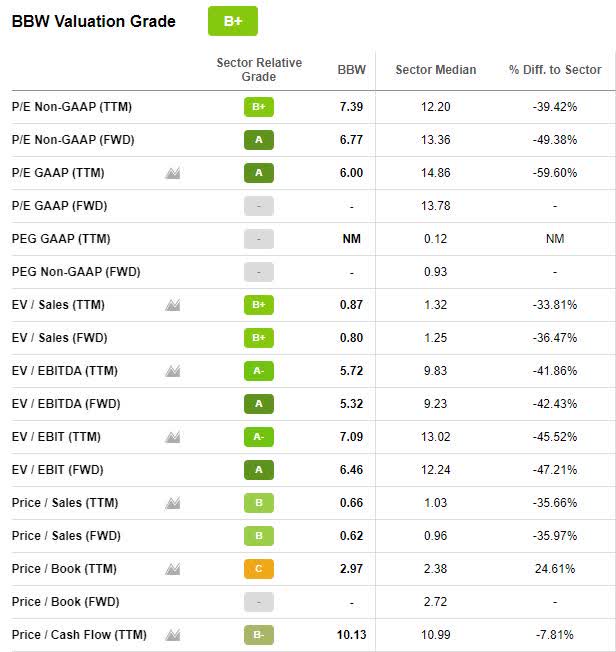
Investing is the practice of saving money over time to help build wealth. You can do this by buying securities such as stocks, bonds or mutual funds. You can invest in property, cash or commodities, as well as real estate and cash. Bonds, stocks, certificates and life insurance are some of the most common types of investment. These investments can be purchased through a financial institution, or through a trading platform.
There are many different ways to invest your money. Being involved in stock selection is essential for active investing. Active investors do extensive research on the companies, industries, and geographical regions that they are interested in investing. They may also place bets or trade securities to make a profit on short-term price movements. They use technical analysis often, which attempts at predicting the future value an asset's assets by examining its current price.

Passive investing refers to holding assets for several years, or for longer periods. Passive investing strategies can include indexing. This is an attempt to duplicate the returns of a particular benchmark. Dollar-cost averaging is also available, which allows you to split up purchases over specific time periods. This reduces volatility in price and your investment.
It is important that you understand the risks involved in investing. However, you can minimize that risk by diversifying your investments. You can reduce the chance of losing everything by purchasing assets from different asset classes. The power of compounding also offers benefits. Many investors also enjoy the tax benefits of retirement accounts.
There are many investment options, including stocks, bonds and real estate. Each asset comes with its risks. However, the best time to invest is as soon as possible. You can also improve your wealth by purchasing assets at bargain rates. It is essential to make a plan. Stick to it. You don't want invest simply because you believe it will work.
The easiest way to increase wealth is to purchase securities. You can either purchase these through a financial institution like a bank or through a trading site. Annuities, for instance, are another form of security. You can also purchase bonds through the federal government or through a broker. These investments can also involve a higher level of risk, as opposed to a standard savings account. You may decide that this investment is worth the risk if you have the financial means to do so.

The best way to know what to invest in is to consider your situation and your long-term goals. You might be able to stay with low-risk investments if you only plan on investing for a few more years. However, if you are planning on investing for retirement, you may want to consider higher-risk investments.
FAQ
Are bonds tradeable
They are, indeed! Like shares, bonds can be traded on stock exchanges. They have been for many, many years.
You cannot purchase a bond directly through an issuer. You must go through a broker who buys them on your behalf.
It is much easier to buy bonds because there are no intermediaries. This means that selling bonds is easier if someone is interested in buying them.
There are different types of bonds available. While some bonds pay interest at regular intervals, others do not.
Some pay interest annually, while others pay quarterly. These differences make it easy for bonds to be compared.
Bonds can be very helpful when you are looking to invest your money. Savings accounts earn 0.75 percent interest each year, for example. If you invested this same amount in a 10-year government bond, you would receive 12.5% interest per year.
If you put all these investments into one portfolio, then your total return over ten-years would be higher using bond investment.
What is the distinction between marketable and not-marketable securities
The principal differences are that nonmarketable securities have lower liquidity, lower trading volume, and higher transaction cost. Marketable securities are traded on exchanges, and have higher liquidity and trading volumes. They also offer better price discovery mechanisms as they trade at all times. However, there are many exceptions to this rule. Some mutual funds are not open to public trading and are therefore only available to institutional investors.
Marketable securities are more risky than non-marketable securities. They usually have lower yields and require larger initial capital deposits. Marketable securities tend to be safer and easier than non-marketable securities.
A bond issued by large corporations has a higher likelihood of being repaid than one issued by small businesses. Because the former has a stronger balance sheet than the latter, the chances of the latter being repaid are higher.
Because of the potential for higher portfolio returns, investors prefer to own marketable securities.
Are stocks a marketable security?
Stock is an investment vehicle that allows you to buy company shares to make money. This is done through a brokerage that sells stocks and bonds.
You could also choose to invest in individual stocks or mutual funds. In fact, there are more than 50,000 mutual fund options out there.
There is one major difference between the two: how you make money. Direct investment allows you to earn income through dividends from the company. Stock trading is where you trade stocks or bonds to make profits.
In both cases, you are purchasing ownership in a business or corporation. However, if you own a percentage of a company you are a shareholder. The company's earnings determine how much you get dividends.
Stock trading offers two options: you can short-sell (borrow) shares of stock to try and get a lower price or you can stay long-term with the shares in hopes that the value will increase.
There are three types for stock trades. They are called, put and exchange-traded. Call and put options let you buy or sell any stock at a predetermined price and within a prescribed time. ETFs, which track a collection of stocks, are very similar to mutual funds.
Stock trading is very popular because investors can participate in the growth of a business without having to manage daily operations.
Although stock trading requires a lot of study and planning, it can provide great returns for those who do it well. It is important to have a solid understanding of economics, finance, and accounting before you can pursue this career.
What is the difference in a broker and financial advisor?
Brokers are individuals who help people and businesses to buy and sell securities and other forms. They take care of all the paperwork involved in the transaction.
Financial advisors are experts on personal finances. They help clients plan for retirement and prepare for emergency situations to reach their financial goals.
Banks, insurance companies and other institutions may employ financial advisors. They may also work as independent professionals for a fee.
If you want to start a career in the financial services industry, you should consider taking classes in finance, accounting, and marketing. Additionally, you will need to be familiar with the different types and investment options available.
How are securities traded?
The stock market is an exchange where investors buy shares of companies for money. To raise capital, companies issue shares and then sell them to investors. Investors then sell these shares back to the company when they decide to profit from owning the company's assets.
Supply and demand are the main factors that determine the price of stocks on an open market. The price of stocks goes up if there are less buyers than sellers. Conversely, if there are more sellers than buyers, prices will fall.
There are two ways to trade stocks.
-
Directly from the company
-
Through a broker
Statistics
- US resident who opens a new IBKR Pro individual or joint account receives a 0.25% rate reduction on margin loans. (nerdwallet.com)
- Ratchet down that 10% if you don't yet have a healthy emergency fund and 10% to 15% of your income funneled into a retirement savings account. (nerdwallet.com)
- The S&P 500 has grown about 10.5% per year since its establishment in the 1920s. (investopedia.com)
- For instance, an individual or entity that owns 100,000 shares of a company with one million outstanding shares would have a 10% ownership stake. (investopedia.com)
External Links
How To
How can I invest into bonds?
You will need to purchase a bond investment fund. You will be paid back at regular intervals despite low interest rates. These interest rates can be repaid at regular intervals, which means you will make more money.
There are many different ways to invest your bonds.
-
Directly buy individual bonds
-
Buy shares of a bond funds
-
Investing with a broker or bank
-
Investing through financial institutions
-
Investing via a pension plan
-
Directly invest with a stockbroker
-
Investing via a mutual fund
-
Investing via a unit trust
-
Investing in a policy of life insurance
-
Investing via a private equity fund
-
Investing through an index-linked fund.
-
Investing through a Hedge Fund